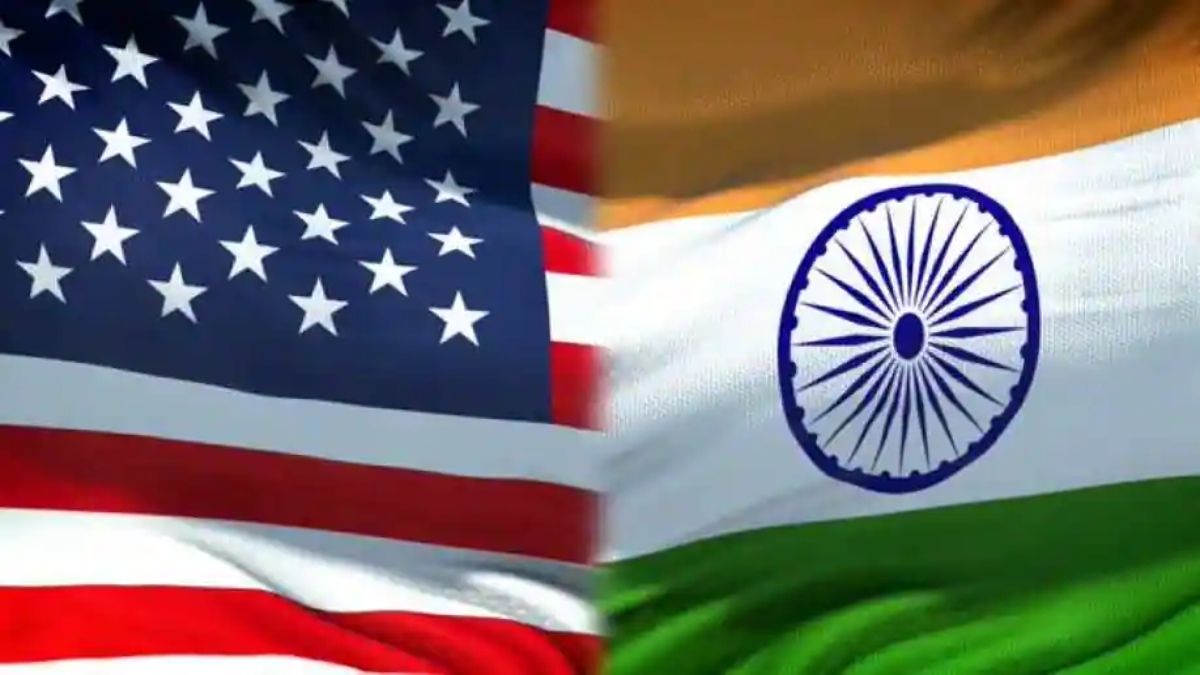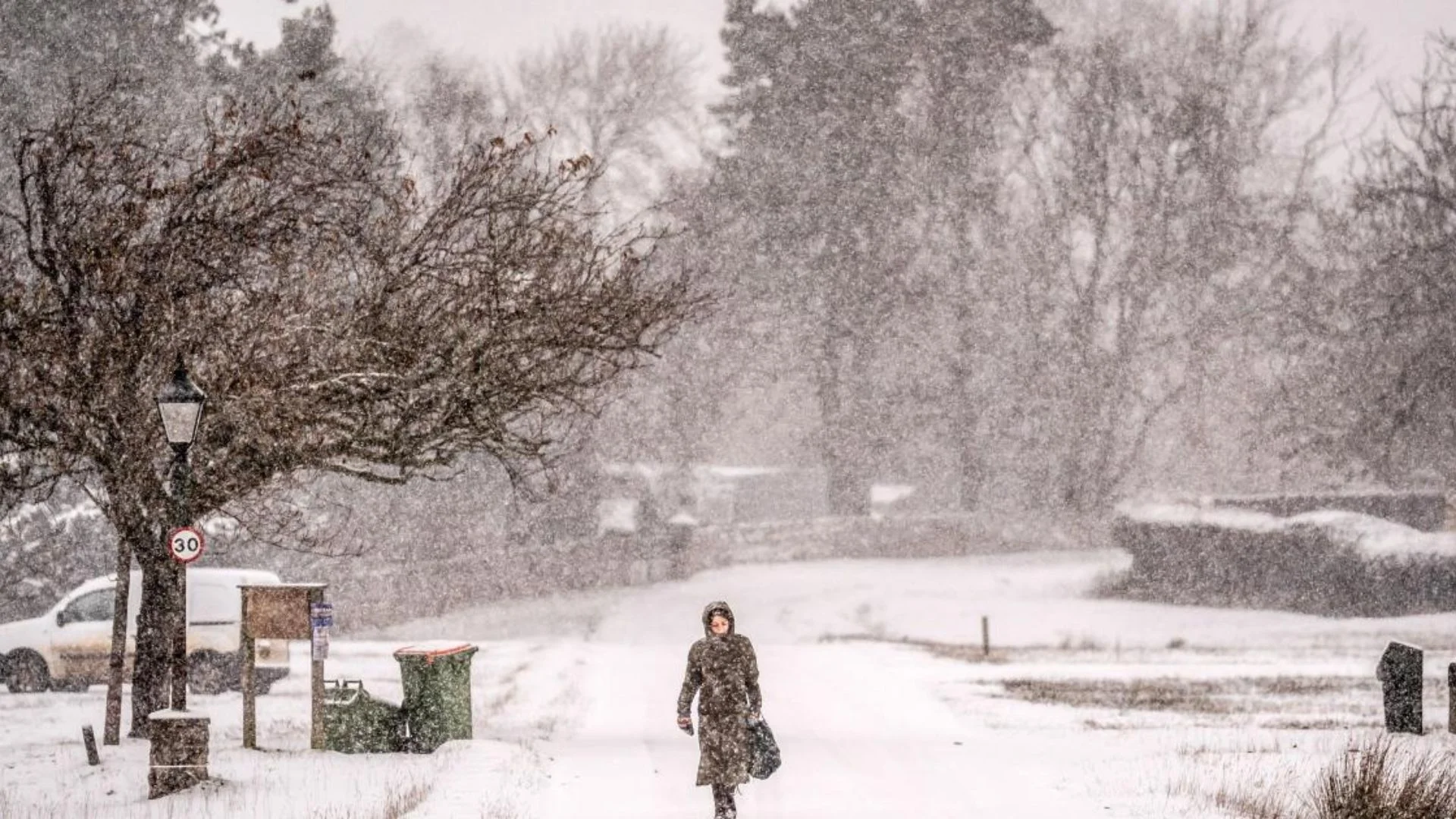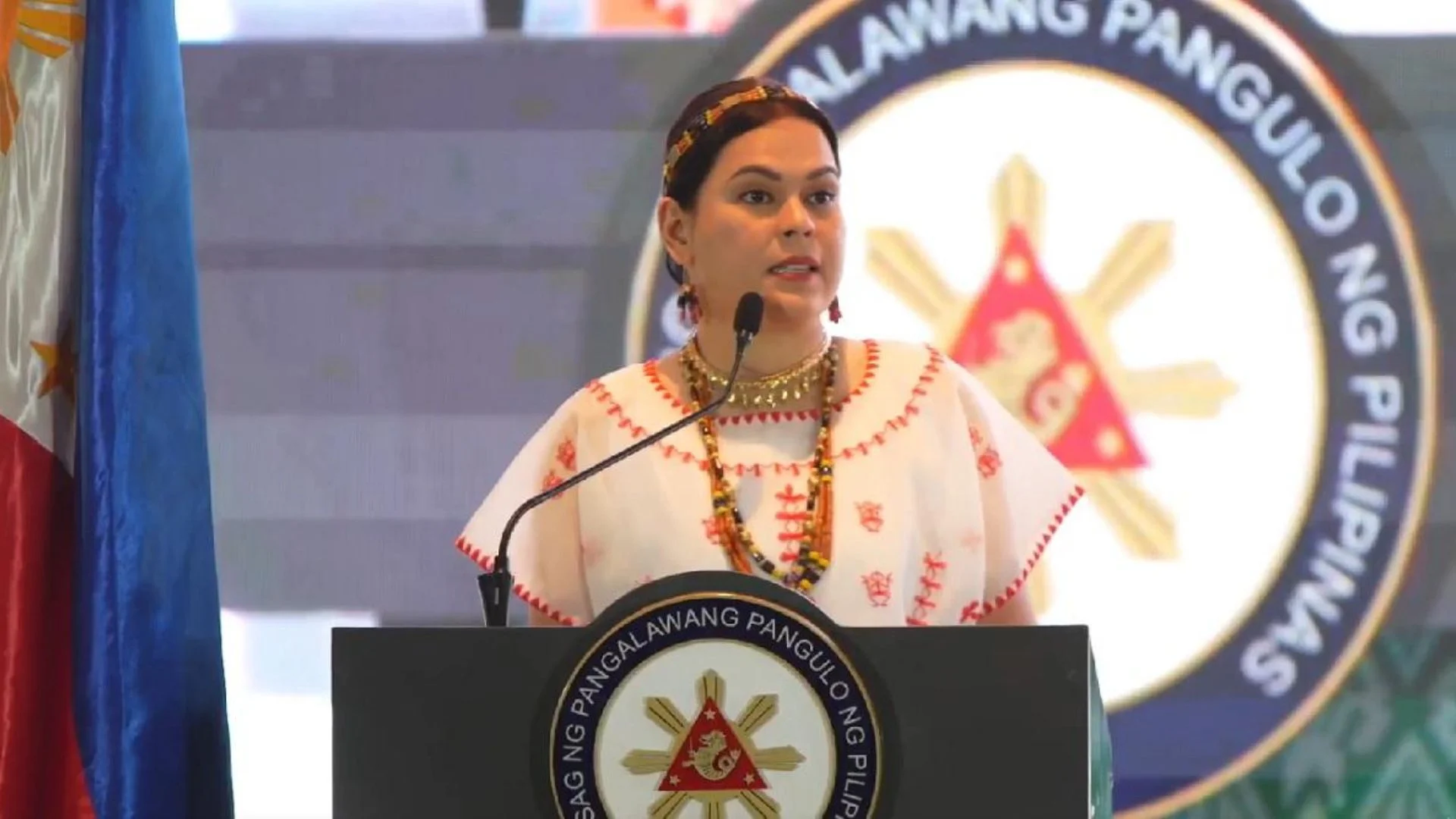
In a forthcoming meeting between the US acting counterterrorism coordinator Timothy Betts and his Indian counterparts, the security situation in the region—including counterterrorism initiatives in the context of Afghanistan and Pakistan—is anticipated to come up.
The US State Department said on Friday that Betts will serve as the American delegation’s leader during the annual gathering of the US-India joint working group on counterterrorism in New Delhi from December 12–13. The final stop on Betts’ three-nation tour, which also includes Japan and the Philippines, will be India.
The joint working group will “review regional and global terrorist threat assessments, collaborative bilateral and regional counterterrorism programming, and initiatives to strengthen law enforcement and judicial partnerships”, the state department said.
People familiar with the matter said the situation in Afghanistan, especially the activities of several anti-India terror groups, such as the Lashkar-e-Taiba (LeT), Jaish-e-Mohammed (JeM) and Islamic State-Khorasan Province (ISKP), and the continued presence of these groups in Pakistan, are expected to figure in the upcoming meeting.
Betts took part in trilateral terrorist negotiations in Japan on December 8 with top Australian and Japanese government officials. The “present terrorism landscape, including persistent threats in the Indo-Pacific” was the main topic of these sessions.
On Friday, he met with top representatives from the Philippine government’s department of foreign affairs and the Anti-Terrorism Council to talk about counterterrorism cooperation and the US-Philippines security alliance.
A little over a month has passed since India hosted a special gathering of the UN Security Council’s Counter-Terrorism Committee (CTC) in New Delhi in October. Betts’ visit is the result of that event. One of the greatest risks to international peace and security, according to the “Delhi Declaration,” which was published following that meeting, is terrorism in all its forms and manifestations.
The CTC encouraged all UN members to uphold “zero tolerance towards terrorism,” deny terrorists safe havens, and bring individuals responsible for or involved in the preparation of terrorist operations to account. The discussion at the meeting also centred on preventing terrorists from using cutting-edge technology.
As India completes a two-year term as chair of the UN Security Council, international counter-terrorism will also be a major topic.















